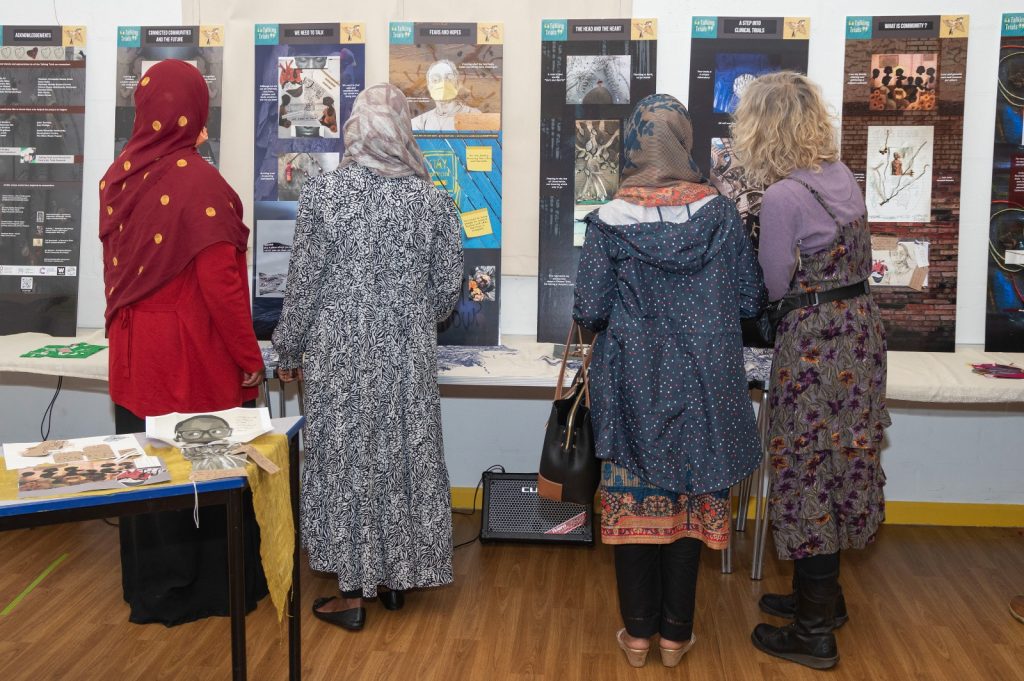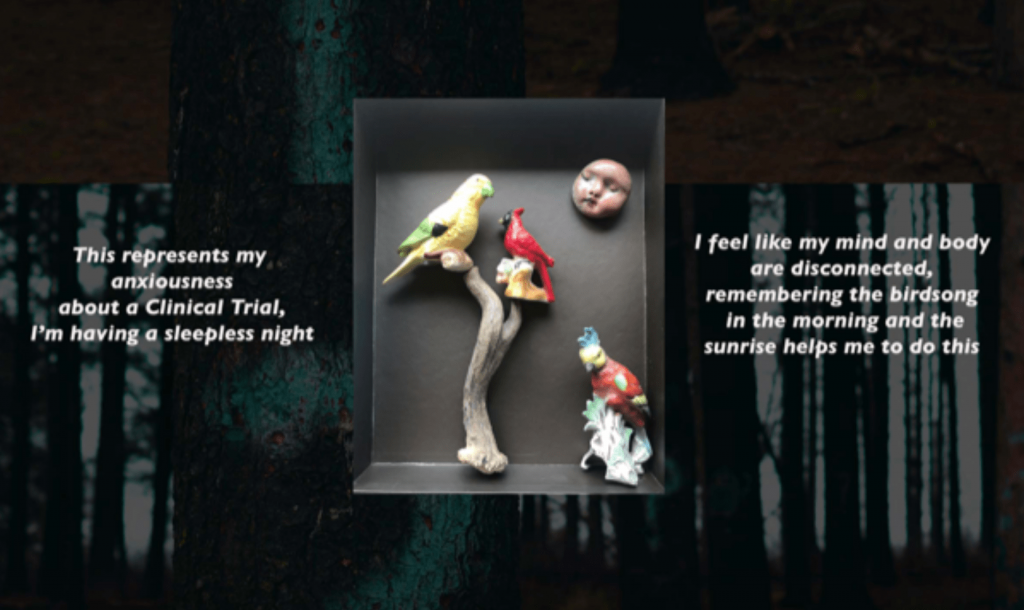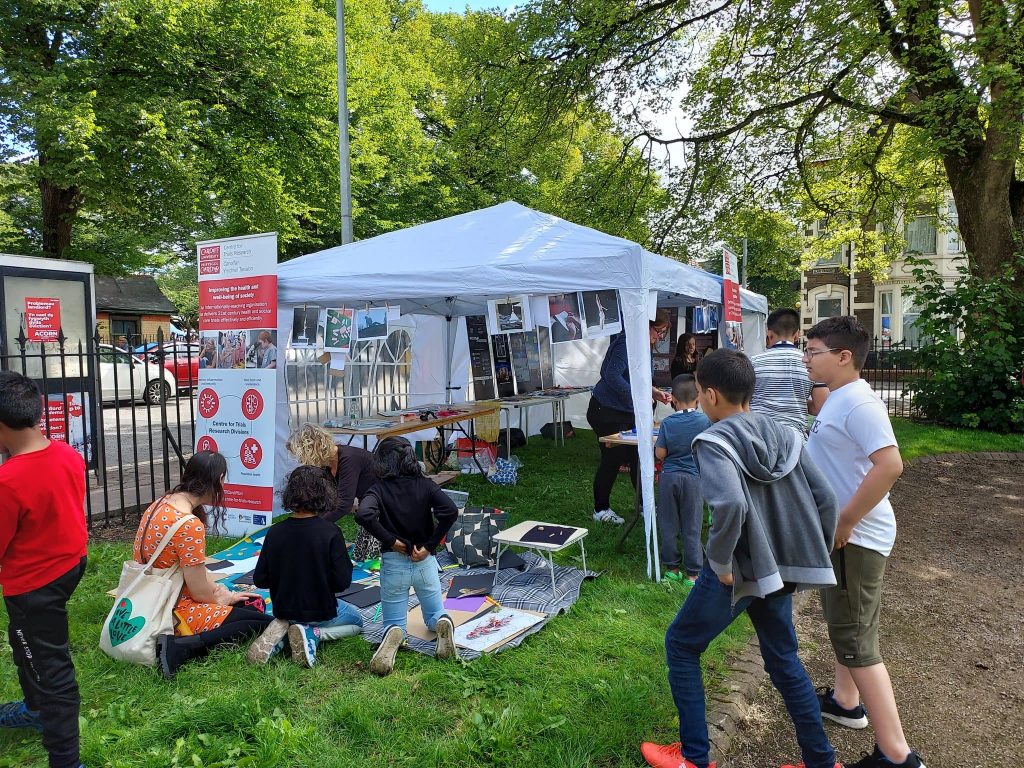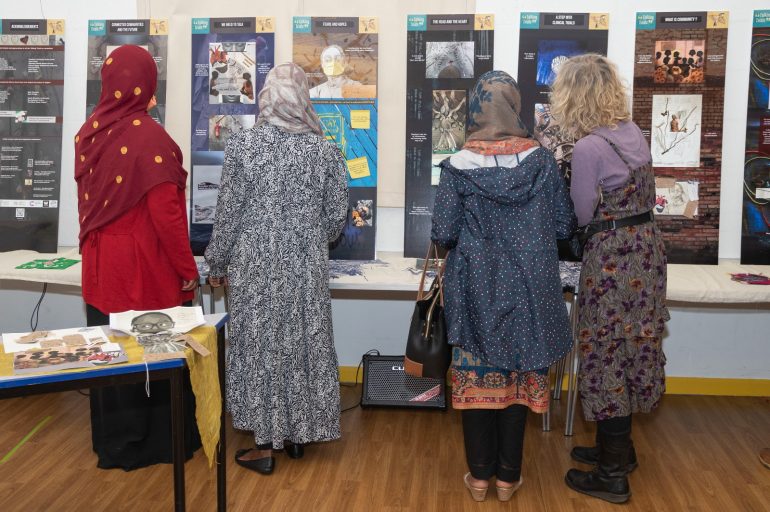Riverside project helps to dispel myths and fears surrounding work that could be important for patients in diverse communities
NEW research carried out in Cardiff has shed new light on why members of ethnic minorities can be reluctant to come forward to take part in clinical trials.
This is important because underrepresentation can impact the treatment of some illnesses and conditions that can affect members of different communities in different ways.
The study, in collaboration with the South Riverside Community Development Centre, says that trust, stigma, misinformation and uncertainty can play a part in the decision.
In the project 13 co-researchers discussed their feelings towards clinical trials and discussed their concerns.
The study, entitled Talking Trials, found there was mistrust of clinical research.
The co-researchers felt that trust had been repeatedly broken by institutions such as the government and the police. Also, misinformation was spread during the pandemic about vaccines, which also affected levels of trust.
The group agreed they would be more likely to participate in a trial if it was explained by someone they had come to trust rather than being based on a patient information sheet.
Another factor was the fear of the unknown. Clinical trials, with imagery of white laboratory coats, impersonal hospital beds and patients dying, were described as “scary” by those taking part in the research.
Concerns about possible side effects were also discussed in a workshop, along with the ways participation could impact commitments such as employment and childcare.
Finally, the views of family members and the wider community were found to be contributing factors. Some thought that participating could bring stigma or shame in some communities, talking about their own health-related experiences.

Credit: Talking Trials
Research through art
During the project, three workshops were held during which artist and researcher Catherine Lamont-Robinson used art-based methods to overcome language barriers and encourage discussion.
This helped those taking part to learn about clinical trials, reduce their fears and become more open to the idea.
The artwork created was made into an exhibition for The Riverside Festival. It included quotes from the group which captured their thoughts on clinical trials.
These included:
As a community we have our own shells around us … our own mental blocks.”
You 100% need to know you will be taken care of.”
You only hear when things go wrong – we need to tell the good stories.”
This represents my anxiousness about a clinical trial, I’m having a sleepless night.”
Although we are all different, our fears, phobias and basic emotions are all the same.”

Credit: Talking Trials
How was the research conducted?
The research was conducted in summer 2021 with the findings published on March 2, 2023.
The project brought together 13 Riverside residents from minority ethnic backgrounds and was funded by the Wellcome Trust. They discussed their experiences of health research and clinical trial representation with lead researchers Martina Svobodova and Sarah Bridges.
“It’s an important topic in research how to include people who are often missing,” Ms Svobodova told The Cardiffian.
What does the research mean?
Ethnic minority communities are often left out of clinical trials.
“During Covid people of BAME backgrounds were more affected with more dying from it,” said Ms Svobodova.
“If these drugs aren’t tested on ethnic minority communities, then how can we know if they’ll be effective?”
Government data for England and Wales shows that men of black African backgrounds were 2.7 times more likely to die from Covid-19 than white males.

The mortality rate for women from black Caribbean ethnic backgrounds was almost twice as high as that for white women.
However, Ben Humberstone of the Office for National Statistics said that this was also down to a higher infection rate.
“Mortality between ethnic groups can be explained by demographic, geographic and socio-economic factors, such as where you live or the occupation you’re in,” he said.
How can this be changed?
Ms Svobodova told The Cardiffian that to improve the representation of minority groups clinical trials needed to ensure diversity and combat inequality.
The key recommendation was that trials need to leave centres and instead go out to meet people in their communities.
She said the Talking Trials project showed how important it was to go out to speak to participants face to face and form relationships with them as this allowed them to address myths associated with clinical trials.



